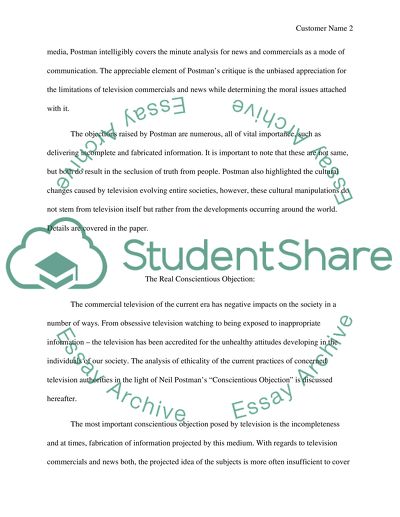Cite this document
(“The real Conscientious Objection Essay Example | Topics and Well Written Essays - 1750 words”, n.d.)
Retrieved de https://studentshare.org/english/1391847-essay
Retrieved de https://studentshare.org/english/1391847-essay
(The Real Conscientious Objection Essay Example | Topics and Well Written Essays - 1750 Words)
https://studentshare.org/english/1391847-essay.
https://studentshare.org/english/1391847-essay.
“The Real Conscientious Objection Essay Example | Topics and Well Written Essays - 1750 Words”, n.d. https://studentshare.org/english/1391847-essay.


